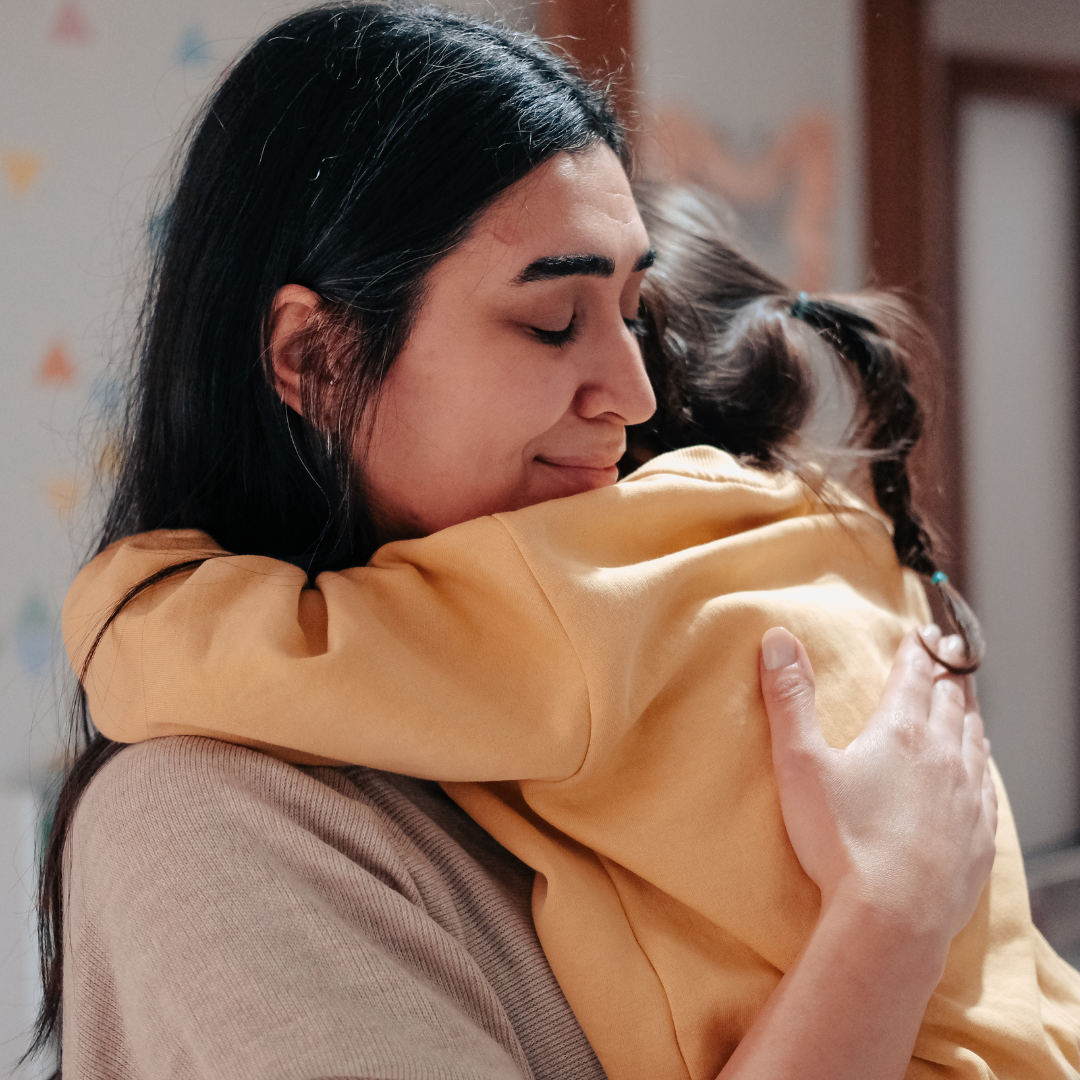Can we call it femicide, yet?
Aura Freedom was happy to once again contribute to a study undertaken by the House of Commons Standing Committee on the Status of Women, this time for their study on Gender-Based Violence and Femicides Against Women, Girls, and Gender-Diverse People.
In our brief, we lay out the urgent need to recognize femicide as an escalating emergency here in Canada, and prioritize it as such.
We recognize:
- The increasing prevalence of femicide in Canada, and disproportionate risk to women and gender diverse individuals with intersecting identities. We highlight the current lack of femicide recognition by the Canadian government, and the longstanding hesitation of police and media to utilize the term and framing of femicide.
- That femicide is distinct from homicide in that it underscores the “how” and “why” women are killed, and is uniquely normalized, sanitized, excused, explained away, and publicly justified in several ways.
- That femicide is an inherently gendered crime – one that has its roots in misogyny, the patriarchy, women’ s position in society, gender roles, unequal distributions of power based on gender, and other gender-based beliefs and misogynistic systems.
- That femicide is intricately linked to other forms of gender-based violence, including intimate partner violence, coercive control, Missing and Murdered Indigenous Women and Girls (MMIWG), human trafficking and sexual violence. We also highlight the importance of “slow femicide”, and the countless harms done to women resulting in their slow death.
- That many forms of violence are conducted in the context of femicide, including “murder-suicides”, filicides (i.e., the killing of one’s child/children), “mass killings”, and more – acknowledging that femicide often results in the deaths of multiple victims in addition to the woman who was the male perpetrator’s primary target.
- The impacts of femicide do not start and end at a woman or girl who has been killed. Femicide is fracturing families and communities, creating intergenerational and community trauma, and in turn contributing to many poor outcomes across Canadian communities. The impacts to children within this context are especially debilitating.
- Femicide is preventable – in fact, it is one of the most preventable forms of murder.
We call on the Government of Canada to take meaningful steps towards ending femicide across the country by:
- Formally recognizing femicide as a distinct form of violence that differs from homicide, in legislation and/or in the Criminal Code.
- Expedite implementation of the National Action Plan to End Gender-Based Violence, and ensure this work is community-led and robustly funded.
- Expedite the process of implementing the Missing and Murdered indigenous Women, Girls, and 2SLGBTQQIA+ People National Action Plan, and the 231 Calls for Justice of the National Inquiry into MMIWG, and ensure this work is Indigenous-led and robustly funded.
- Declare femicide an urgent emergency in Canada and prioritize it accordingly.
Read our final recommendations below.
Our Recommendations
Read our full submission to the Standing Committee on the Status of Women for their study Gender-Based Violence and Femicide.



